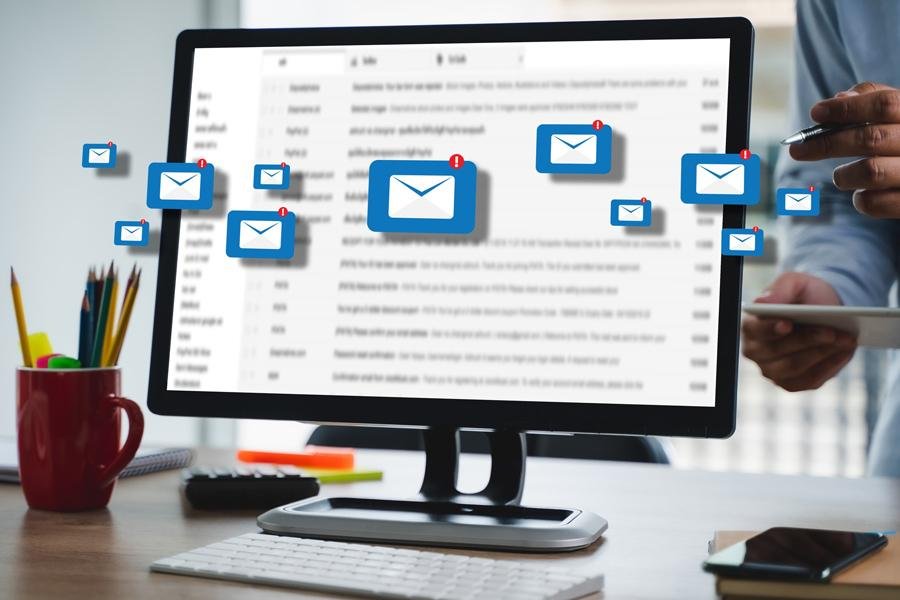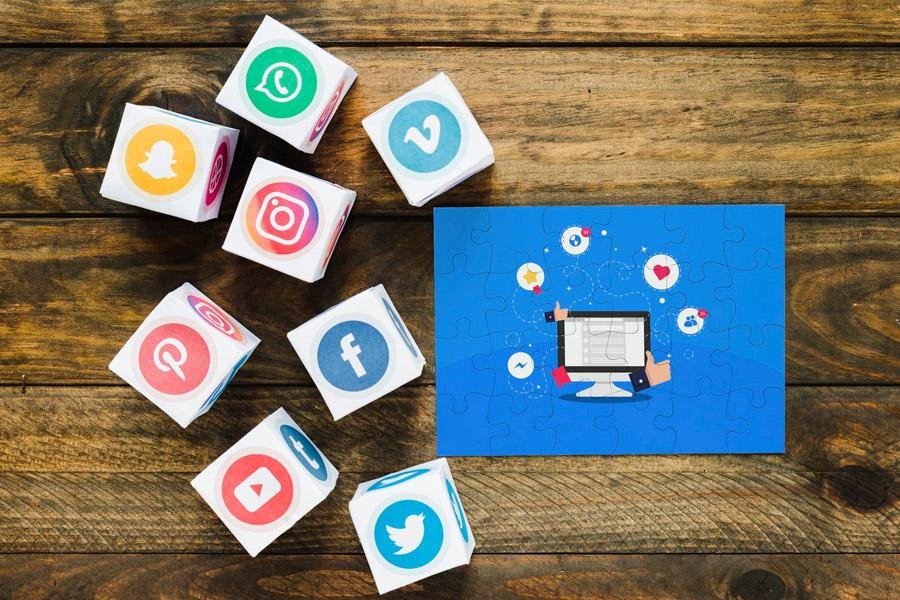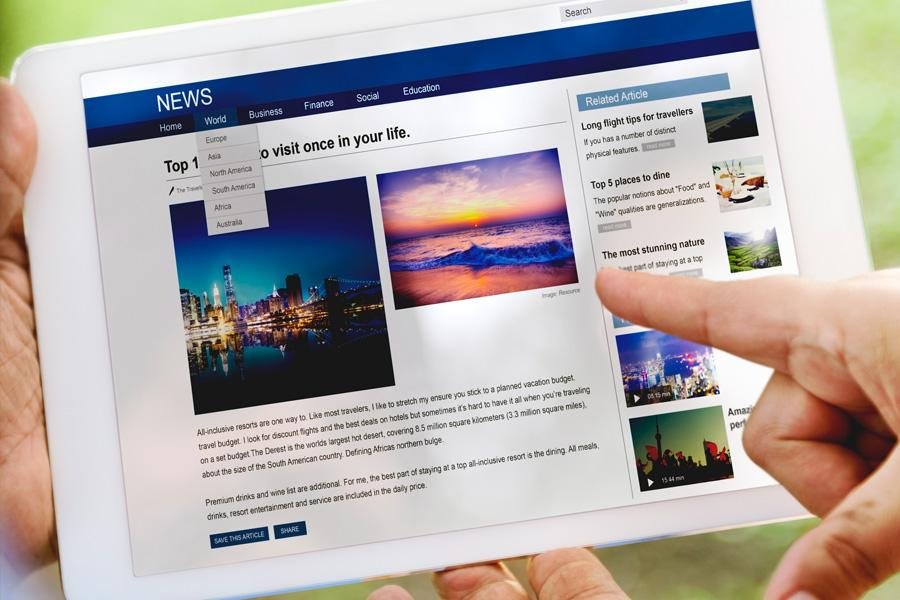ChatGPT and other AI language models are changing the landscape of content creation and marketing. These models can help writers and marketers create more engaging, personalised, and relevant content by providing insights into customer behaviour and preferences. ChatGPT can assist with generating content for a wide range of formats and channels, including social media, email, blogs, and more. In addition, it can help automate repetitive tasks, such as headline generation and content optimisation, allowing writers to focus on more strategic and creative aspects of their work. As AI language models continue to improve, they will become an increasingly valuable tool for writers and marketers looking to stay ahead in a competitive marketplace.

In the following list, we will explore ten applications for ChatGPT and explain how they can benefit different industries and use cases.
Answering customer service inquiries: ChatGPT can help customer service teams by quickly providing answers to frequent questions, reducing wait times, and improving the overall customer experience.

Generating product descriptions: ChatGPT can help e-commerce businesses create informative and engaging product descriptions that can help increase sales and customer engagement.

Automating email responses: ChatGPT can save businesses time and resources by generating automated responses to common email inquiries, freeing customer service representatives to focus on more complex issues.

Creating social media posts: ChatGPT can help businesses generate engaging social media content that is on-brand and optimised for audience engagement.

Generating chatbot responses: ChatGPT can assist with the creation of chatbots that can manage customer inquiries, provide support and guidance, and help businesses save time and resources.

Generating news articles: ChatGPT can assist in producing news articles on a wide range of topics, using information from credible sources, and providing businesses with a steady stream of fresh and relevant content.

Personalised recommendation engine: ChatGPT can help businesses improve their product recommendations by analysing user behaviour and preferences, providing customers with customised recommendations that are more likely to result in sales.

Speech synthesis: ChatGPT can synthesise natural-sounding speech for use in text-to-speech applications, making it easier for businesses to provide audio content to their customers.

Image recognition: ChatGPT can be used with image recognition technology to help businesses identify and classify objects in images, improving accuracy and efficiency in various applications.

Legal document analysis: ChatGPT can help legal professionals save time by analysing legal documents and identifying key clauses and points of interest, making it easier to understand complex legal language and make informed decisions.

ChatGPT can assist businesses in several ways, from answering customer inquiries to generating social media posts and news articles to providing personalized product recommendations. It can also help automate repetitive tasks like email responses and assist in legal document analysis. Additionally, ChatGPT can be used for speech synthesis and image recognition, providing businesses with additional ways to improve customer engagement and efficiency.